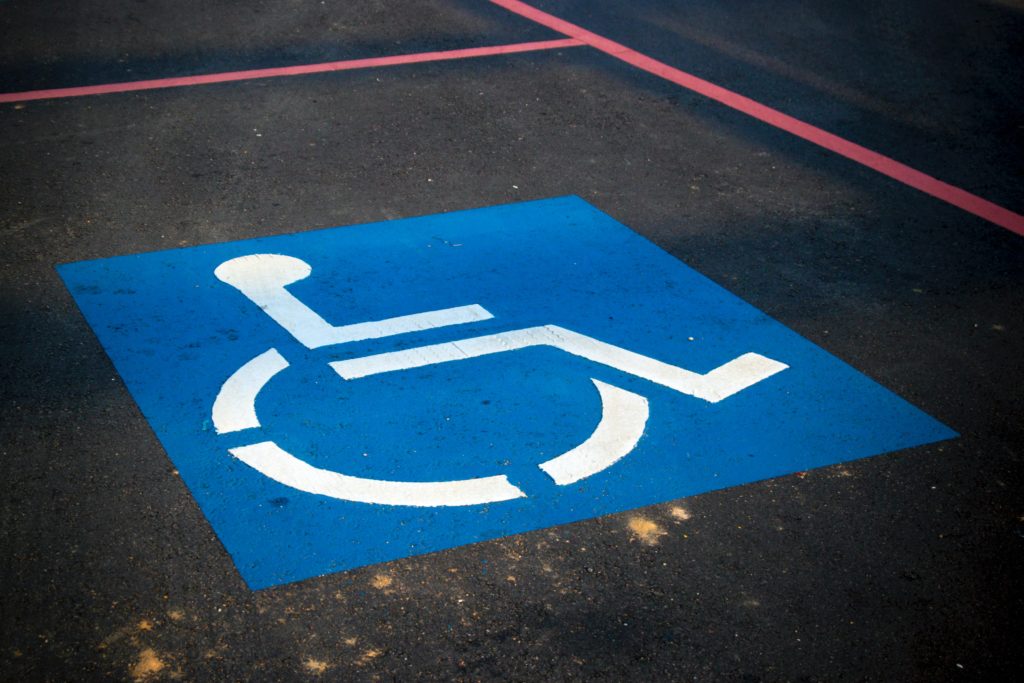Community Associations and the Americans With Disabilities Act (ADA)
By Hans C. Wahl March 3, 2022 Posted in Community Association Law Share
The Americans With Disabilities Act (“ADA”) is an area of federal law that community association board members and managers must not overlook. The ADA prohibits discrimination on the basis of a person’s disability. Failing to comply with its requirements when the ADA applies can have costly consequences for community associations such as HOAs and condominiums.
Generally, the ADA will apply to community associations when their properties are open to the public. This is true even if a community association’s amenities are open to the public only occasionally for limited events. A condominium association that has commercial units will also be subject to the ADA. If, however, a community association is for residential purposes only and the association’s property remains private and not open to the general public, then the ADA will likely not apply to that association. But be aware that community associations are still governed by the Fair Housing Act.
The ADA applies to a community association when it is operating as a place of public accommodation. When would a community association be considered a place of public accommodation? If a condominium or HOA clubhouse is hosting an event open to the public (i.e. non-members are welcome to attend) then it will likely fall under this designation. This can include events such as weddings, birthday parties, corporate events, political events, charity events, tournaments, and any other type of gathering where the general public, not just the association’s members, are allowed to attend. In these situations, the association is subject to ADA regulations. If a certain community association amenity or facility falls under the ADA, the ADA’s regulations will also extend to those common elements used to enter the place of public accommodation, including the front sidewalk, the door or entryway, hallways, and restrooms. See 28 CFR § 36.207(b).
Something else to consider is that community associations allowing short term rentals, giving it characteristics similar to that of a place of public lodging, may fall under Title III of the ADA. If your association allows short terms rentals through providers such as Airbnb, Vrbo, and other similar companies, then it can be subject to the ADA’s requirements. This may also result in the association’s website needing to be ADA compliant. If the listing of units / parcels for rent and / or sale are on the association’s website, then it is inviting the general public to view the website. In that situation, if the website is not compliant for visually impaired individuals to access and understand the information, then it could be an ADA violation.
If a community association has commercial property within it, then the ADA typically only applies to that commercial space and not the residential areas. For example, if the clubhouse or pool is open to the public and considered a place of public accommodation, those areas would be subject to the ADA but not the areas used exclusively for residential purposes. However, areas of community association property used for both a place of public accommodation and residential purposes, such as units for short term rental, may be subject to the ADA. See 28 CFR § 36.207(a). Condominium associations can find themselves in this situation when there is one building that contains private residences, available for short term rentals, and has common areas open to the general public. This can make the entire condominium building subject to ADA requirements.
Community associations that are subject to the ADA must make reasonable modifications to its policies, practices, and procedures in order to accommodate individuals with disabilities. If subject to the ADA, community associations may also be required to upgrade their facilities to comply with the law, such as installing ramps, making curb cuts at sidewalks and entrances, widening doorways, installing grab bars in bathroom stalls, and adding raised letters or braille to areas such as elevators.
A community association falling under ADA regulation can be subject to liability, including discrimination claims, if not compliant with accessibility standards. Falling under ADA requirements may also affect insurance coverage. Failing to comply with the ADA when subject to its regulations can result in serious penalties for violations. Your association’s board of directors should consult with an experienced attorney if you are unsure of whether your community association is subject to the ADA and, if so, if it is compliant.


